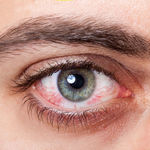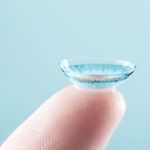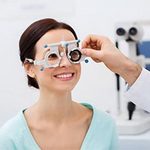January / February
New Discoveries in Vision Science
It’s challenging to keep up with the flood of new research in the vision science field. To help our readers stay abreast of these exciting developments, this feature will focus on some fascinating recent discoveries, including the latest gene therapy treatments, corneal inlays to replace reading glasses, new AMD therapies, and more.
***
COVID-19 is impacting new ladies’ eyewear fashions, with shapes trending away from smaller, ‘90s-inspired frames to larger, face-shielding options that provide greater protection. Here’s a look at the latest in designs, materials and colours for 2021.
Also, how eyeglass wearers can deal with the challenge of face masks and foggy glasses.
***

May / June
What’s New in Dry Eye?
The widespread use of face masks during the pandemic has led to increased problems with dry, uncomfortable eyes, according to the University of Waterloo’s Centre for Ocular Research & Education (CORE). The Centre is advising ECPs on how to recognize mask-associated dry eye and help patients alleviate the symptoms. This feature brings readers up-to-date on the latest science concerning dry eye, and the most advanced treatments available.
***

July / August
Children’s Eyewear
The return to school, whether in person or via distance learning, is a good time to get children’s eyes checked and fit for new frames.
How has the pandemic affected children’s vision? How has COVID-19 changed best practices with respect to children’s eye screening? And what are the newest options for children’s lenses?

September / October
Special Lens issue
From lenses that have been shown to halt myopia in children, to the latest lens innovations for seniors and everyone in between, our annual special lens feature brings the most significant new developments to the fore.
***

November / December
Developmental Optometry
There is growing interest in the field of developmental optometry as an option for remediation of binocular vision dysfunction, amblyopia, strabismus, learning-related vision problems and TBIs. What is the evidence to support the benefits of vision therapy and rehabilitation? How do practitioners respond to the criticisms of some members of the medical community? And how can vision therapy help ECPs grow their practices?
***



